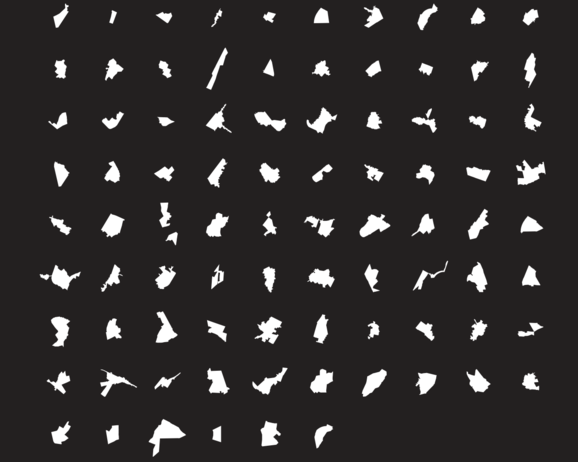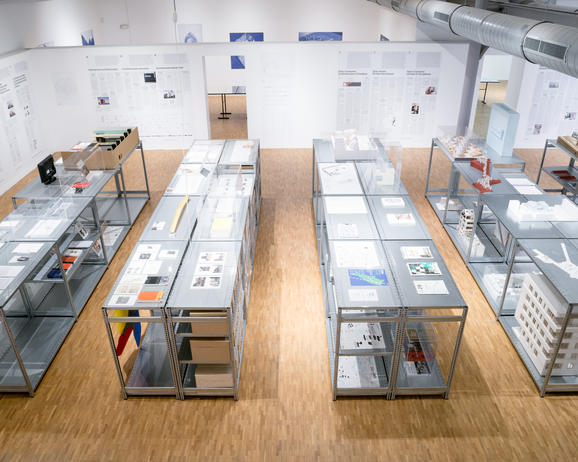In her lecture, Prof. Wagner-Pacifici will discuss connections between Mathieu Berger’s sociological chronicle of Brussels Neighbourhood Contracts (cfr. The Lifetime of a Policy – CIVA, 2019) and her own analysis of land and space-use decisions in post-September 2001 New York City.
5 €
A lecture by Prof. Robin Wagner-Pacifici (Sociologist, The New School for Social Research, NYC), author of What is an event? (University of Chicago Press, 2017).
In her lecture, Prof. Wagner-Pacifici will discuss connections between Mathieu Berger’s sociological chronicle of Brussels Neighbourhood Contracts (cfr. The Lifetime of a Policy – CIVA, 2019) and her own analysis of land and space-use decisions in post-September 2001 New York City, through the lens of a theory of events. In both cases, the authors chose to address the making of the city (construction projects in Lower Manhattan, development of an urban renewal policy in Brussels) from the perspective of significant events from the past which remain active in the present, shaping one’s capacity to look to the future.
Of course, the events in question differ considerably. It seems that the most devastating terrorist attack of our time, which caused thousands of victims and had decisive global repercussions can hardly be compared to the Brussels riots (Forest, Saint-Gilles) of May 1991, which did not result in any casualty, nor even dramatic material damage, were poorly documented and had only a regional extent. However, both of these events of mass violence impacted the making of the city significantly, not only in their direct aftermath but years after that and to this day. Robin Wagner-Pacifici’s lecture will address the variable significance of violent events for city politics, processes and policies, ranging from the most acute and unprecedented, to the most common and chronic.


